Learning Life Skills Through Real Experiences : HighScope Indonesia's Educational Visit to Uncle Jo Supermarket
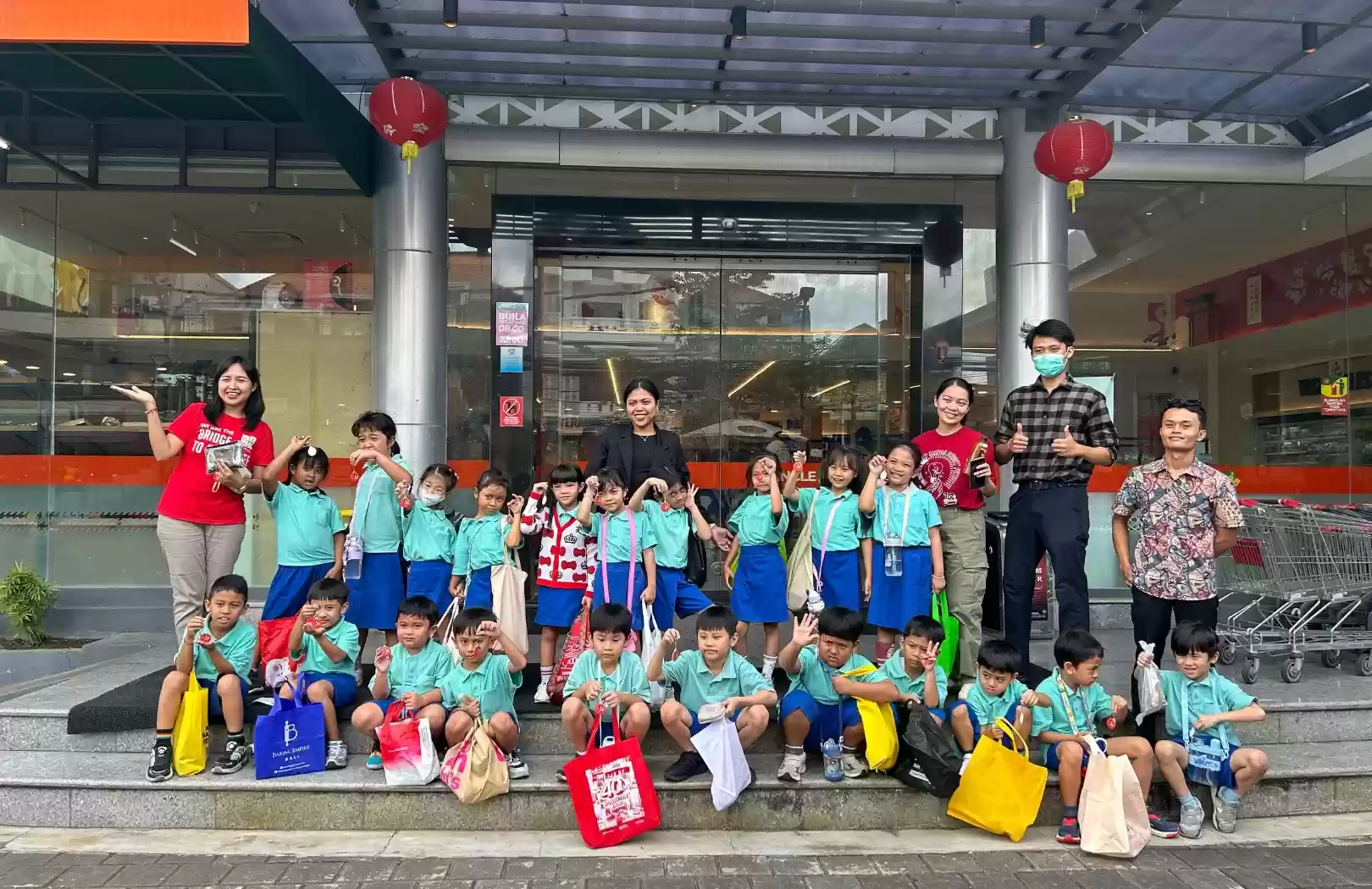
On a bright and cheerful day in Bali, Uncle Jo Supermarket had the pleasure of welcoming enthusiastic young learners from HighScope Indonesia. This educational visit was more than just a field trip—it was an engaging, real-world learning opportunity where students explored concepts from their civics (PPKn) curriculum, including the difference between needs and wants, identifying types of goods, and understanding the importance of queuing culture.
Bringing Lessons to Life: Needs vs. Wants
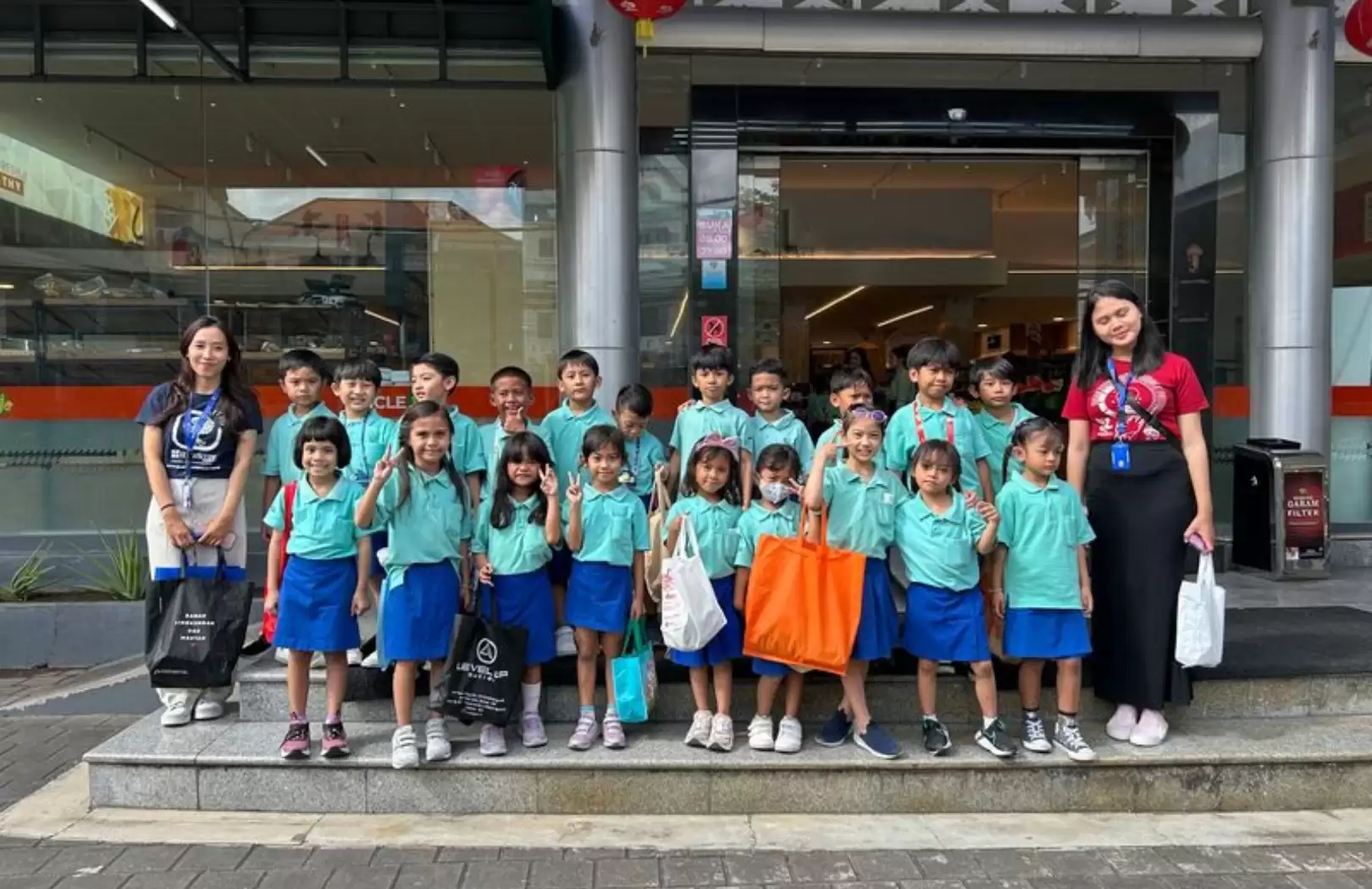
In the classroom, the idea of "needs and wants" is often discussed in theory. However, Uncle Jo offered the perfect setting to help students see and experience these concepts firsthand. Guided by their teachers and supported by Uncle Jo staff, the children navigated different sections of the store with a simple but meaningful task: identify which items are needs and which are wants.
The fresh produce aisle sparked lively conversations. Students recognized fruits, vegetables, and rice as basic necessities—items that people need daily to stay healthy. On the other hand, they learned to categorize chocolates, toys, and soda drinks as wants—things that are nice to have but not essential for survival.
This hands-on activity deepened their understanding. Rather than memorizing definitions, students observed, asked questions, and made decisions. It was a powerful way to internalize knowledge and develop critical thinking skills.
Exploring Types of Goods
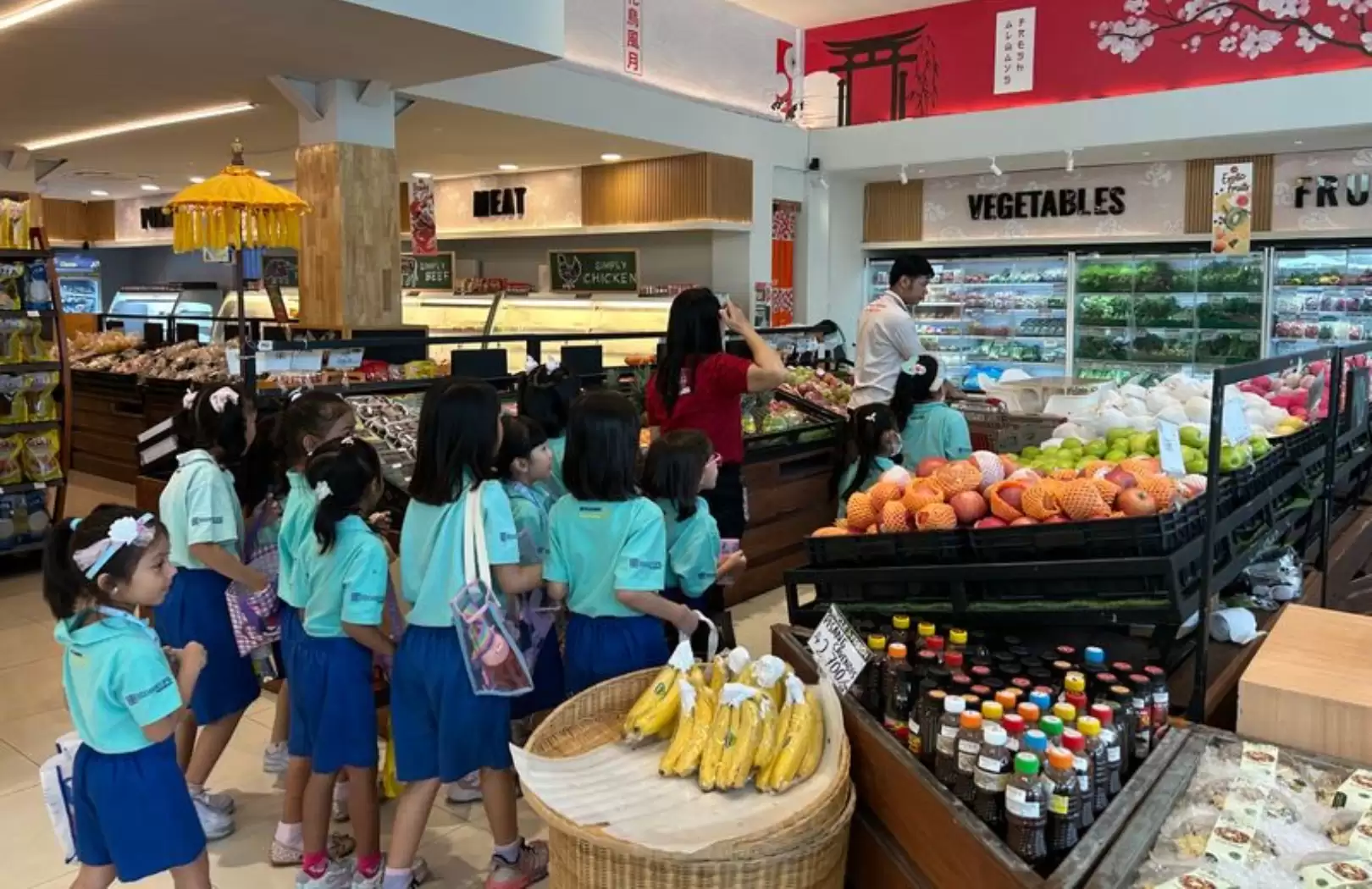
The next learning objective focused on recognizing different types of goods sold in a supermarket. Uncle Jo, being a modern and comprehensive retail space, made this activity naturally engaging. Students were introduced to the diversity of products: fresh goods, frozen foods, packaged products, cleaning supplies, and personal care items.
To make the learning experience even more dynamic, the children were encouraged to list items under various categories:
- Perishable Goods: milk, yogurt, meat, vegetables
- Durable Goods: cleaning tools, kitchen utensils
- Non-Durable Goods: snacks, drinks, bread
Each student had the chance to observe how goods are stored, packaged, and arranged. Many were fascinated to learn about how supermarkets help preserve product quality through refrigeration and inventory rotation.
With supportive guidance, they learned that supermarkets like Uncle Jo serve as important economic hubs, making different types of goods available to meet people’s everyday needs.
Understanding the Culture of Queuing
One of the core civic values introduced during the visit was the culture of queuing. While seemingly simple, queuing teaches respect, fairness, and order—all essential values in a civil society.
As students lined up at the checkout counter for their learning simulation, they experienced firsthand how taking turns works in real-life settings. Some students acted as cashiers (with help from the staff), others as shoppers, and the rest waited patiently in line.
Teachers emphasized that queuing is not only about following rules but about respecting others' time and space. The experience helped students reflect on how small habits can build a more respectful and cooperative community.
A Safe and Supportive Learning Environment
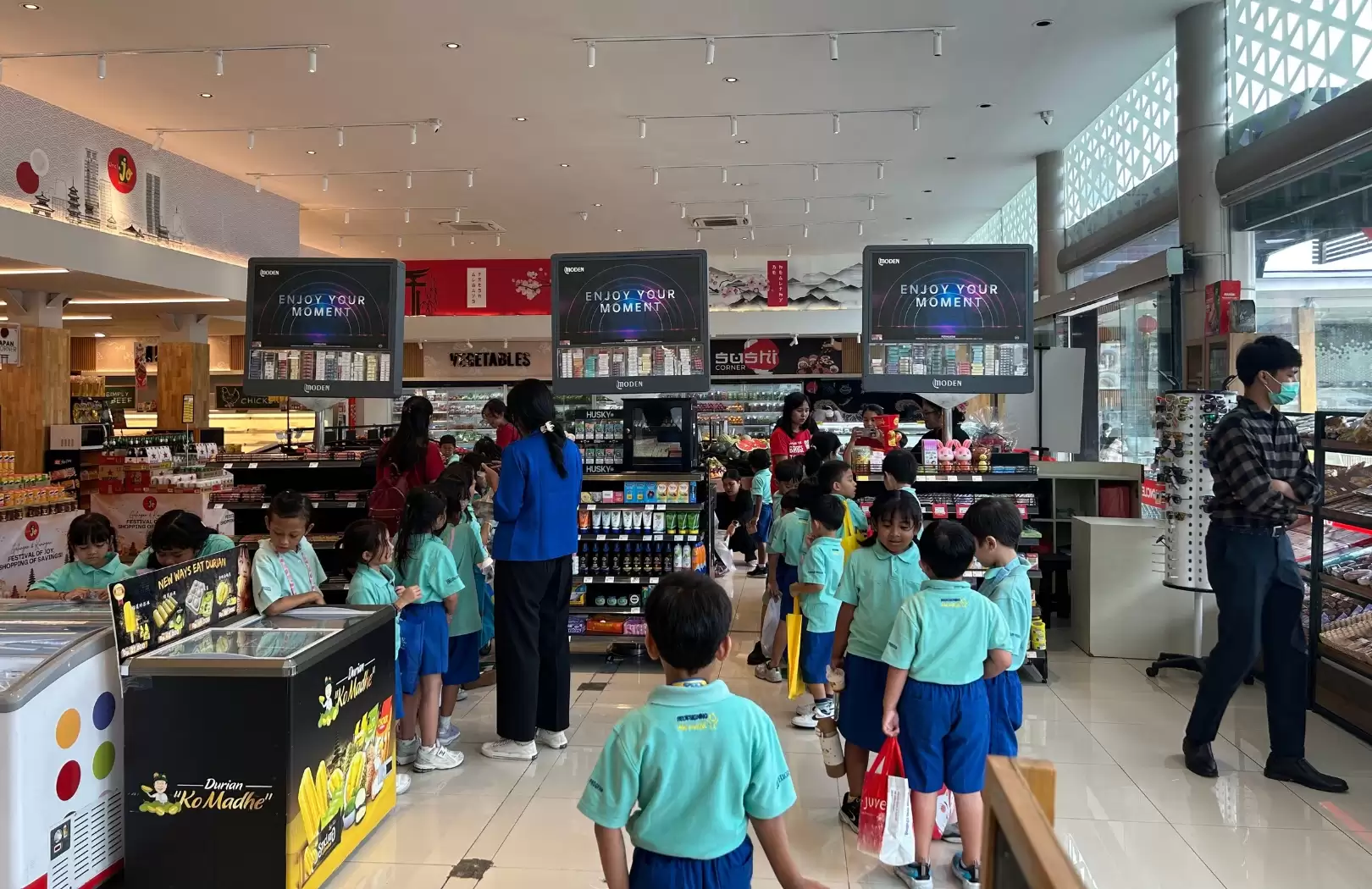
Uncle Jo Supermarket is committed to supporting community-based educational initiatives. For this special visit, the supermarket ensured a safe, clean, and organized environment where children could explore freely and confidently. Friendly staff members were present at every step to guide, explain, and answer curious questions from students.
Parents and teachers alike appreciated how the visit was not only fun but meaningfully structured. By involving children in real tasks, they developed practical decision-making skills and learned to evaluate choices critically—a crucial life skill in today’s world.
Inspiring Responsibility at an Early Age
Another beautiful outcome of the visit was the sense of responsibility that naturally emerged. Many students were given a small shopping list and a mock budget. With this, they had to choose items that fit within the budget and justify their choices—balancing needs and wants.
This activity not only reinforced economic literacy but also taught students to be mindful consumers. It introduced basic money management skills while emphasizing value-based decision making.
Through this, children began to understand that shopping is not merely about buying but involves planning, prioritizing, and considering long-term needs. It’s a valuable life lesson that goes far beyond textbooks.
Community and Cooperation in Action
The visit also allowed students to experience how a supermarket operates as a community space. They saw cooperation between staff, customers, and suppliers. From stocking shelves to helping shoppers find items, students observed a working system that depends on shared roles and mutual respect.
These moments sparked spontaneous questions such as:
- "How does the cashier know the price?"
- "Why do some items need to be weighed?"
- "Who decides where the products go?"
By asking and discovering the answers, students started to appreciate how different professions work together to keep a business running smoothly. It was a social learning experience as much as an academic one.
The Power of Experiential Learning
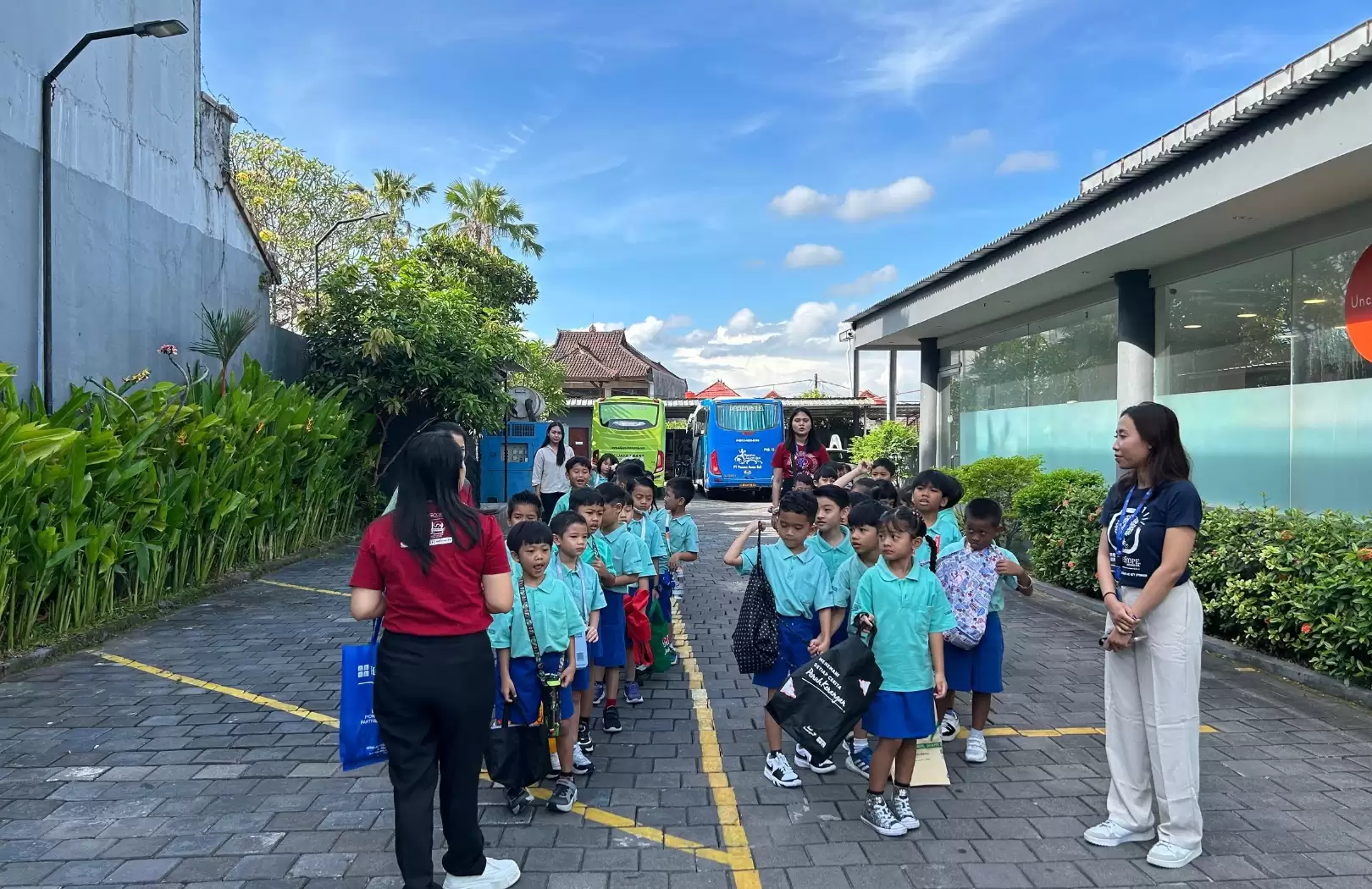
HighScope Indonesia’s learning philosophy centers around active, participatory education. The visit to Uncle Jo was a seamless extension of this approach. It allowed students to connect academic concepts with real-world applications, making learning more meaningful and memorable.
Uncle Jo, in turn, was honored to be part of this journey. As a community-based supermarket, we believe in empowering the next generation through positive engagement and support for education.
Reflections from the Classroom
After returning to school, students were asked to share their reflections. Some of their insights included:
- "Now I know why rice is a need and candy is a want."
- "I liked when we had to pick items from our budget. It was like a real game!"
- "I waited in line because it's polite."
These simple reflections speak volumes about the impact of experiential learning. The field trip helped bridge the gap between knowledge and real-life action.
Conclusion: Growing Smart Shoppers and Responsible Citizens
The educational visit by HighScope Indonesia to Uncle Jo was a meaningful collaboration between education and community. It provided students with hands-on learning in economics, ethics, and everyday decision-making.
By exploring needs and wants, identifying types of goods, and practicing the culture of queuing, students gained lessons that will serve them both in and outside the classroom. Uncle Jo was proud to host and support this important initiative—one that nurtures not only smart shoppers but also responsible, thoughtful citizens of the future.
We look forward to welcoming more young learners and continuing our role as a learning partner in the heart of the community.



